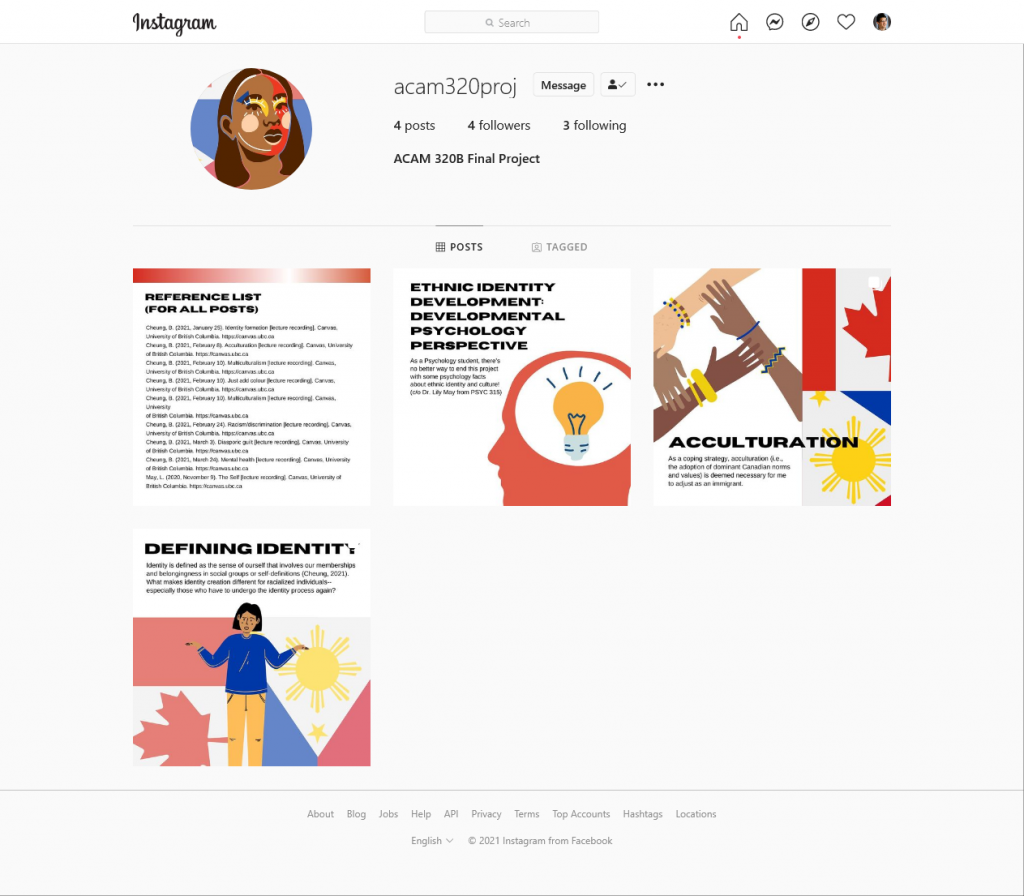This population of millions in Canada needs immediate attention with culturally-adept solutions to improve their mental health
Creator:
Harleen Kaur Hundal
The COVID-19 pandemic has devastated families around the world; but such effects have disproportionately hit certain populations more than others. Internationally, this in differences can be seen in infection/hospitalization/fatality rates across the world. Nationally, this disparity across various social lines, most prominently based on ethnicity. As COVID-19 swept across Canada, each province and territory had to figure out how to best manage this virus, often shutting down who sectors of economic activity while relying on those performing essential services to keep the world running. Unfortunately, zooming into Greater Vancouver, many essential services are visibly and disproportionately reliant on racialized folks, whether this include grocery store workers, truckers, healthcare providers, laundry service providers, meat works, or many others. This places racialized folks at a much greater risk of becoming infected with, or dying from, COVID-19 – including South Asian diaspora. Read Harleen’s impassioned letter to her Member of Parliament, Hon. Carla Qualtrough, as she dissects the racialized impact of the pandemic, and what needs to be done to help the South Asian diasporic community. So what can be done beyond the generic colour-blind health interventions that are already available?

